Forests to Faucets: Logging in the Hoosier National Forest & the Lake Monroe Watershed
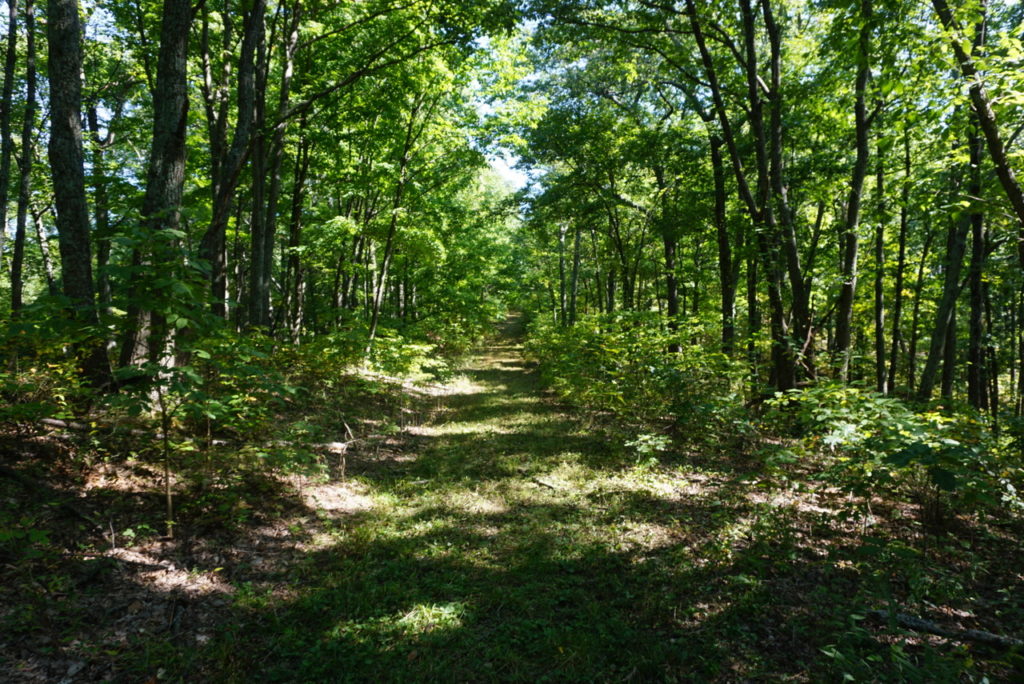
Many forests leads to faucets — watersheds and forests are naturally interconnected.
Preserving Our Way Out of the Climate Crisis
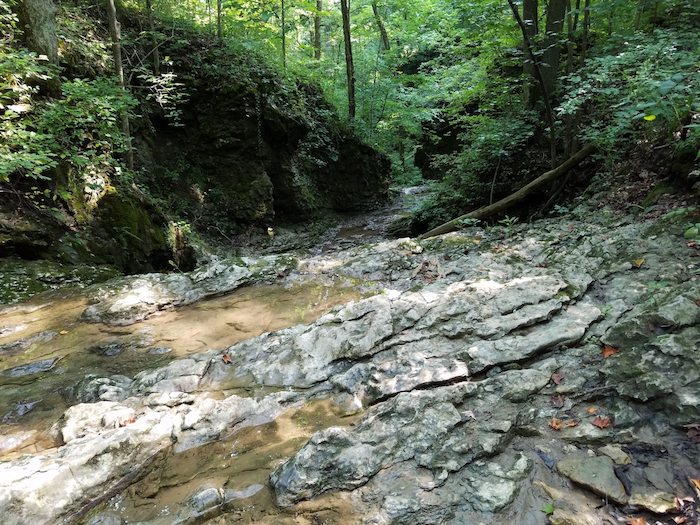
We were saddened to learn that logging may be harvesting many of the mature trees in Indiana’s State Forests. This is especially true of Salamonie River State Forest.
“I owe it to these forests … I know they are what saved me.”

It’s important to keep fighting for the trees. They need us and we need them.
In Defense of the Endangered Species Act
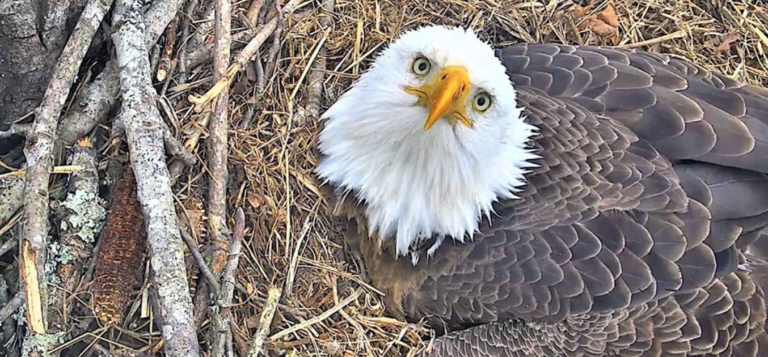
But now, in the U.S. House, a barrage of nine bills have been introduced to weaken the law, and one bill draft has been released in the Senate. Furthermore, Secretary of Interior Ryan Zinke has also just released a series of regulatory rollbacks to the ESA.
“The Gradual Destruction of Indiana’s Longest Footpath”: A Knobstone Trail Hiker Speaks Out
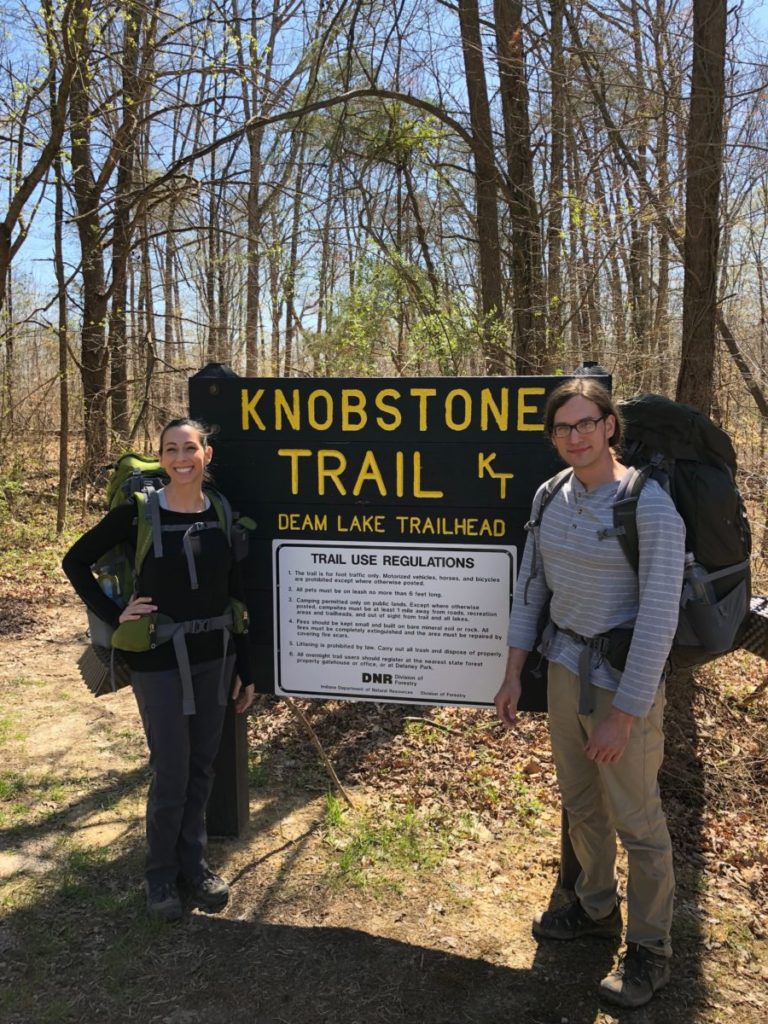
Tangles of briers and weeds, not new trees, filled in the areas I hiked through. All of these areas will take many decades to recover. What does the DNR do to restore the ecosystem and encourage the proper types of plants to grow in these damaged areas?
Authentic Public Input on Public Forest Planning
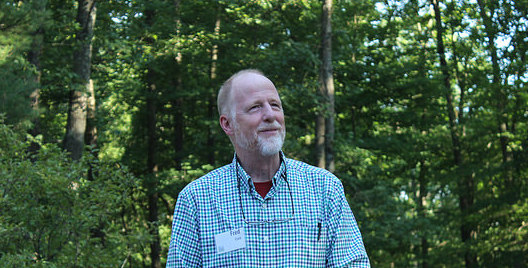
As a forester, ecologist, and former legislator in Wisconsin, I’ve tried to offer another perspective on Indiana forest issues. We expect our public forests to produce a variety of benefits for citizens, and forest managers must play a critical role in satisfying multiple uses while keeping forests healthy and resilient. As the impacts of climate change and invasive species increasingly affect our forests, that work becomes even more important and more challenging.
A Call to Action: Owen-Putnam State Forest
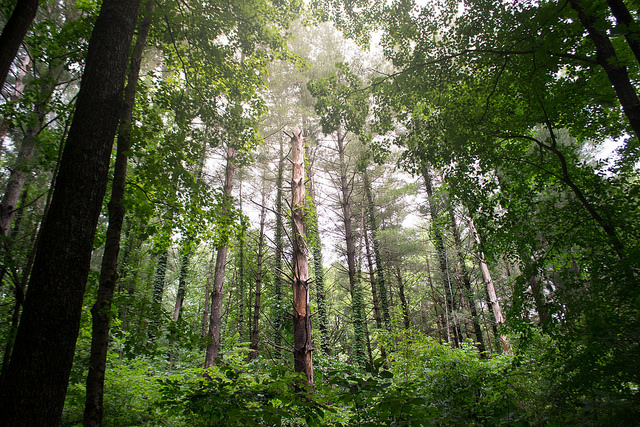
On June 11, IFA intern Anna Hopkins took her camera to Owen-Putnam State Forest to survey two soon-to-be-logged forest tracts with members of Owen-Putnam Friends of the Forest.
The Farm Bill Is Back. Let’s Thank Sen. Donnelly For Keeping Logging Out of It.
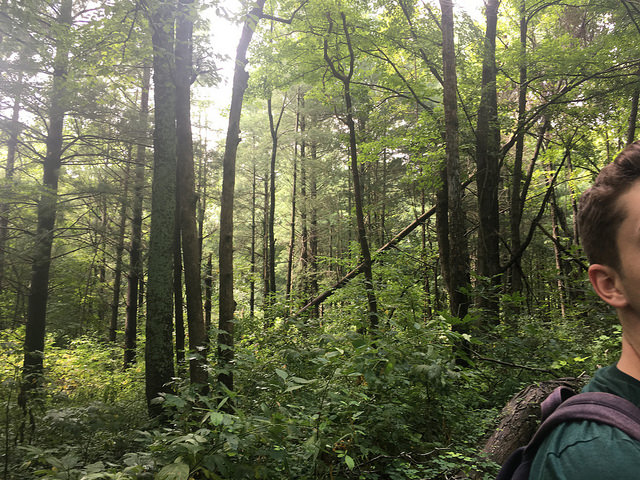
Now is the time to thank Indiana Senator Joe Donnelly in advance for helping to craft a bipartisan bill that will “keep the bill clean” and resist any amendments that cater to special interests — such as the logging industry.
A Letter to Members of the City-County Council of Indianapolis re: Haverstick Woods
IFA has reviewed the “Preliminary DP Plan 2016-ZON-020” for the proposed agreement negotiated between Keystone Realty Group and supporters of this development and compared this plan to the plan currently authorized in this 2006 zoning document, commonly known as the “Kite Development.”
From Lichens to Flying Squirrels: Ecoblitz Results Reveal Complexity of an Older Indiana Forest
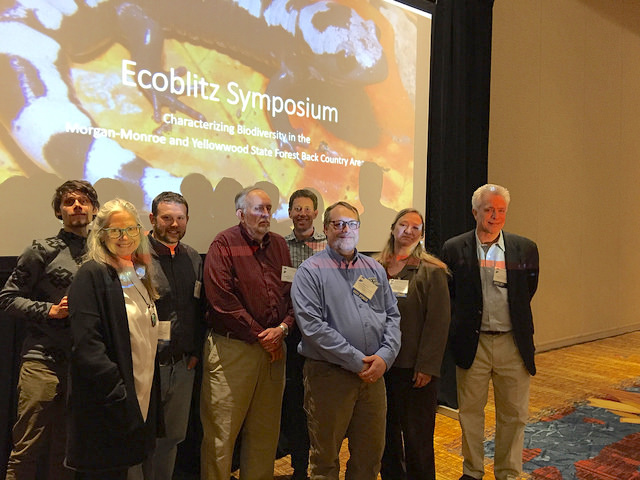
This relatively undisturbed forest in the Back Country Area (BCA) of Morgan-Monroe State Forest has great species complexity and high species richness in the absence of intense forest management. One tract of Yellowwood has been logged, but other parts of the BCA remain intact for now, and IFA will continue the Ecoblitz in these unlogged areas.
